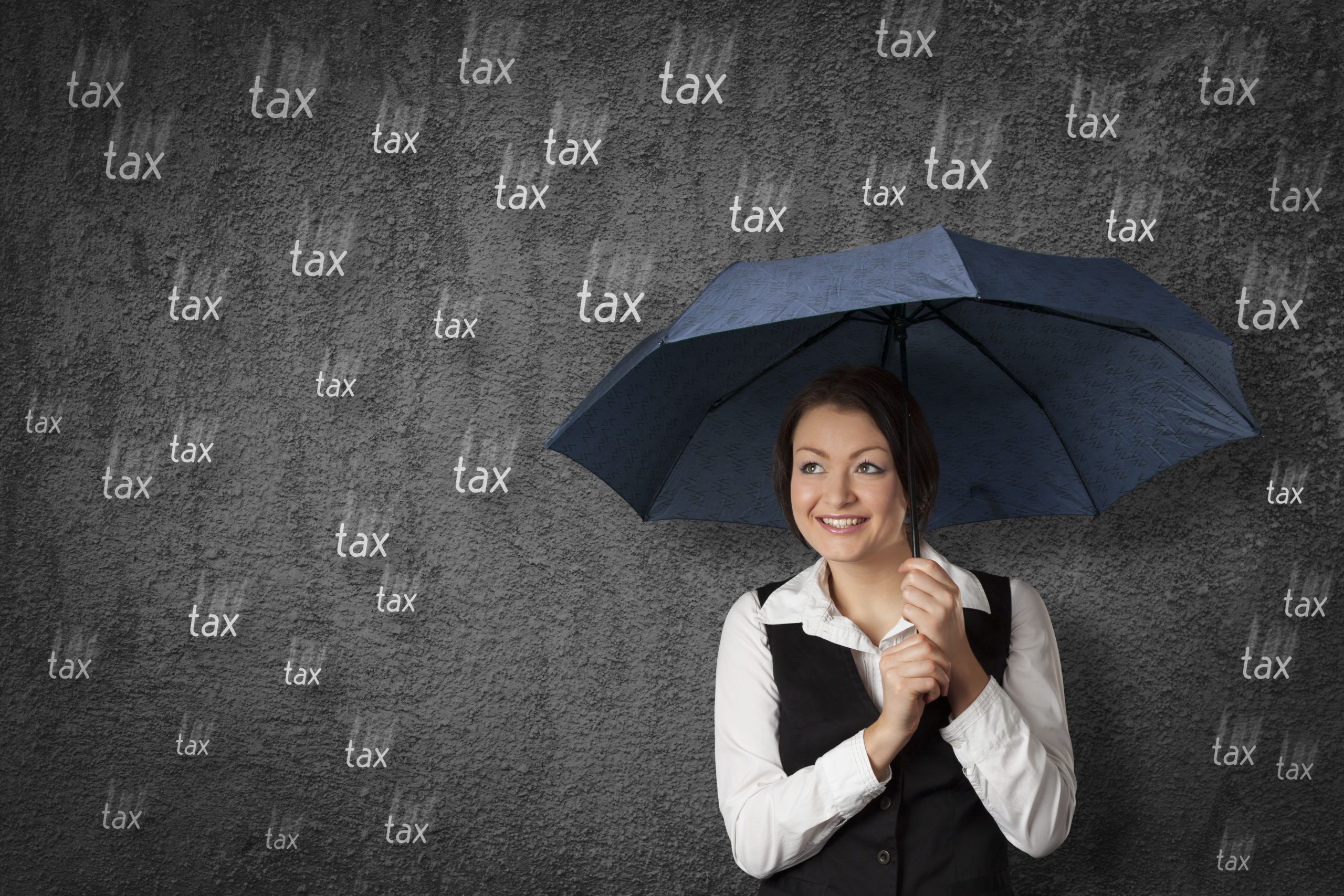If there’s one thing the recent ‘hokey cokey’ of Chancellors and fiscal policy has achieved it has to be a rigorous testing of our sentiment towards taxation. Within weeks we’ve jumped from relatively moderate rises in National Insurance (NI) to immediate and long term plans for a significant reduction in personal tax, before heading back in the other direction to what looks like some quite austere levels of taxation ahead.
Whilst it is hard to imagine that anyone has found this funny or even useful for personal and commercial planning purposes, as a research case study it provides tremendous insight on public opinion and our threshold for taxation.
Post Pandemic ‘Togetherness’
Immediately following the pandemic, a spirit of bonhomie and ‘in it togetherness’ prevailed. What we had been through as a country was huge and to some extent we all benefited from government intervention. We knew the bill was big, but broadly we were all willing to jump in and sort it out. So, when the then Chancellor, Rishi Sunak, explained that fiscal decisions would focus around paying down borrowing, there was a degree of acceptance and agreement within the electorate. We were all willing to do our bit in the main. It didn’t feel like it overly targeted any single group, although the lowest earners will always feel the pinch of ‘global’ changes in taxation.
Taxation goes full circle after mini budget
Then Kwarsi came along and gave us a glimpse of the sunny uplands of a low tax economy. We all know what the reality of that looks like in the rear view mirror, but let’s be honest, when he served up plans for historically low levels of corporation tax and cuts to personal income tax, sprinkled with promises of more to come, few were complaining about their own personal circumstances. There was consternation about the 45p tax rate cut and the perception that it rewards the most well off in our society, but individually, we were happy.
And now here we are. On the verge of another budget announcement which is likely to impose cuts on spending and introduce increases in taxation that pay back the covid debt and make inroads into the new government borrowing that has come about due to short lived policy decisions. Any residual goodwill and willingness to sort out the covid debt has been burned and we find ourselves begrudgingly having to pay more tax to fund a rather costly experiment. That’s the funny thing about tax, we seem willing to pay it for the greater good until it risks impacting us personally or we do not agree with the justification for a higher tax burden.
What are we happy to pay?
The net result of 2022 is that we’ve gone through three full cycles in just a few months and what it seems to suggest is we’re actually more comfortable with the stability that higher taxes deliver, even though we may think we want lower taxes. But its an interesting concept, the idea of happiness and higher taxes. There’s lots of research around that will show people are generally happy to pay more tax if it delivers improved public services e.g., pensions, health and education. Satisfaction rates, happiness and welfare indexes in high tax economies are often better than in low tax economies.
The issue here is the assumption that the tax receipts are being used to improve services. That does not stack up in this context and even with the anticipated round of tax increases due to be announced in November, there may only be enough to maintain a status quo and pay down debt; not deliver the much needed improvements. The risk being we’re left as just a high tax economy, rather than a happy, high tax economy.
